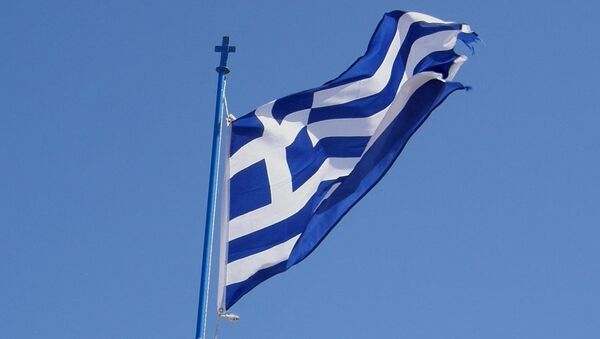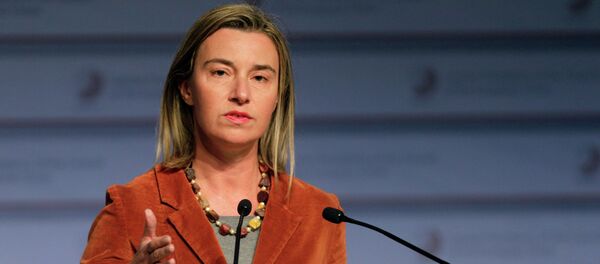Greece cooperating with the other countries succeeded in "preventing [at the EU Foreign Affairs Council] climate of the Cold War in favor of the introduction of new sanctions against Russia, this climate has improved in the last few days," the source said.
The EU foreign ministers adopted on Thursday a decision to keep in force the existing sanctions against Russia until September 2015, but stopped short of imposing new sanctions.
Newly-elected Greek government has repeatedly spoken out against the introduction of new sanctions against Russia, stressing that the restrictions will bring economic problems to a number of European states, including Greece.
On Tuesday, EU leaders asked the Foreign Affairs Council to consider new sanctions against Russia over its alleged role in the shelling of the Ukrainian city of Mariupol earlier his month, in which at least 30 civilians were killed.
Several rounds of restricting measures, targeting not only high-ranking individuals, but also Russia's banking, energy and defense sectors have been imposed on Moscow since March 2014.


